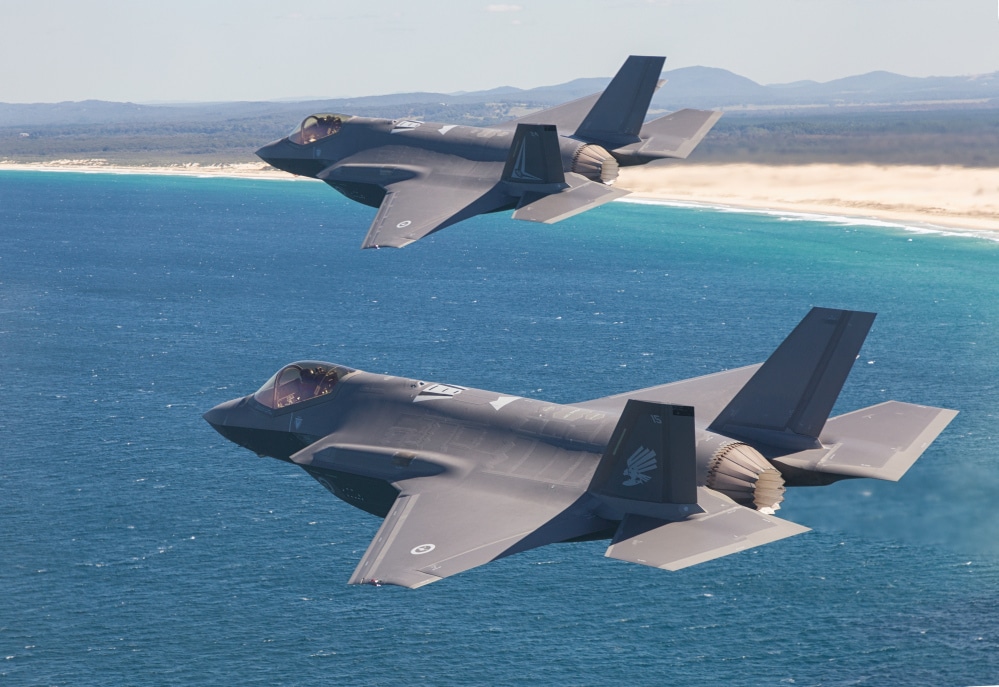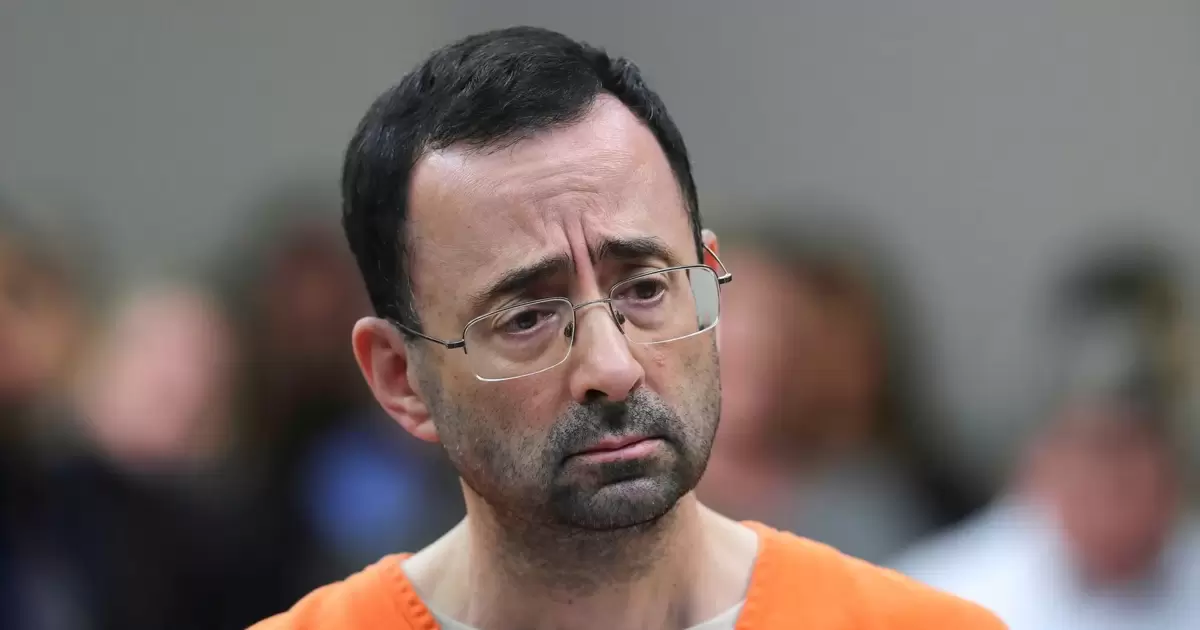Irene Toungirwe is angry. Every year, her native Uganda has to deal with the consequences of climate change. “You can’t predict what’s coming anymore,” explains Toungirwe, director of Women for Green Economy Uganda. “When the rainy season comes, the sun shines, and when the sun shines, it rains. It’s hard to predict.”
This unpredictability destroys crops and people’s livelihoods, “leading to higher prices and consequently various conflicts in local communities and throughout the country.”
Since 2020, East African countries have been experiencing the worst drought in 40 years. Since then, more than four million people have become dependent on humanitarian aid. According to scientists at World Weather Attribution, who study the relationship between extreme weather events and climate change, droughts are now 100 times more likely than they would be without human-caused global warming and without the burning of coal, oil and gas.
East Africa is by no means an isolated case. In many regions, heat waves, hurricanes and droughts are more severe and occurring more frequently than before. This particularly affects poor countries, which have contributed almost nothing to global warming.
“The reality is that we hear about it when people are affected by a disaster – for a few days or weeks,” Harjit Singh of the international NGO Climate Action Network told DW. “But then we forget about them all again. We don’t provide them with enough support to recover from the consequences and rebuild their homes and livelihoods.”
A “historic” agreement to compensate for damages and losses
After more than a decade of developing countries demanding more funding and support to address damage and losses, negotiators at the COP27 UN climate summit in Egypt last year agreed to establish a fund. A year later, it was officially launched on the first day of the Dubai Climate Conference.
Sultan Al Jaber, President of COP28 in the United Arab Emirates, said: “I congratulate the parties on this historic decision. This is a positive sign for the world and for our work.”
The goal of the “historic” fund is to help poor countries cope with the losses and damage associated with increasingly extreme climate conditions. It could also free up money to address what she calls “slow-onset” impacts, such as sea level rise. Island nations such as the Maldives, but also Tuvalu or Barbuda, could be flooded and disappear by the end of the century.

Since the UN Climate Change Conference (COP27), country representatives have met several times in a Transitional Committee on Damage and Loss. The general conditions and financing issue must be negotiated in advance. After four contentious meetings without any tangible progress, an agreement was finally reached in November. However, some parties expressed their dissatisfaction with the result.
The main question was where the Fund should be located and managed. The United States wanted to see the fund at the World Bank. Developing countries had major reservations about this. “The World Bank is an institution that excludes many developing countries in terms of eligibility criteria,” says Alpha Kaluga, Africa’s chief negotiator on damage and loss. So far, loans have been mainly given to African countries that are already heavily indebted. “We are of the opinion that if we have to take out loans, they should be given on very favorable terms.”
Historical responsibility
There is still debate about which countries should be considered particularly vulnerable and therefore eligible to receive financial aid. Who should pay into the fund is also controversial. Industrialized countries such as the United States and Canada, as well as Germany and the European Union, expect rich oil countries and China to pay money into the fund as well.
As the world’s second-largest economy, China is still officially classified as a developing country. Although the People’s Republic of China emits more carbon dioxide than any other country, the United States remains the largest polluter historically: since the beginning of the Industrial Revolution, it has been responsible for nearly twice as much carbon dioxide emissions as the Middle Kingdom.
“When it comes to the legal and moral obligation, it falls to the rich countries,” Singh said. “But big countries like China or the Gulf countries can always contribute something if they want to.”

The Transitional Committee’s recommendation cannot legally obligate or oblige industrialized countries to contribute. Instead, it calls on them to do their part and encourages developing countries to do the same.
How much money do you need now?
On the basis of the recommended text, delegates will now continue negotiations at the climate conference. How much money will flow into the fund is still not entirely clear.
Developing countries are demanding billions of dollars. The 2022 floods caused by heavy rains in Pakistan led to economic losses and damage estimated at $30 billion (27.5 billion euros) alone. According to the London School of Economics, damage to developing countries could reach between $290 billion and $580 billion annually by 2030.
Although public money from richer countries should cover the majority of the new fund, according to Singh, he believes that “innovative” revenue sources such as duties on fossil fuel extraction, financial transaction taxes or a tax on business travellers, should also be examined.
When it comes to financial support, industrialized countries have been indebted to a lot in recent years.
In 2009, it agreed to mobilize $100 billion annually by 2020 to meet the needs of developing countries in a warming world. According to OECD figures, this target will not be achieved until 2023. Therefore, skepticism of developing countries is traditionally high, confirms Preeti Bhandari, senior advisor to the World Resources Institute’s Global Climate Programme.
She asked: “If the commitment objectives change, as was the case with the $100 billion financing, will the entire multilateral project be at risk?”, stressing at the same time the importance of the Loss and Damage Fund. “We have to try. We cannot give up just because there is not enough progress. If the issue is not left on the table, if we give up from the beginning, we will lose the whole battle.”
This article has been modified from the English language by TimScauberg.

“Award-winning music trailblazer. Gamer. Lifelong alcohol enthusiast. Thinker. Passionate analyst.”







More Stories
Heidi Klum is confused when she appears on American television: this is what Bill Kaulitz says
Prince Harry is facing his next bankruptcy in court
Invictus Games: Prince Harry has to choose between the UK and the USA